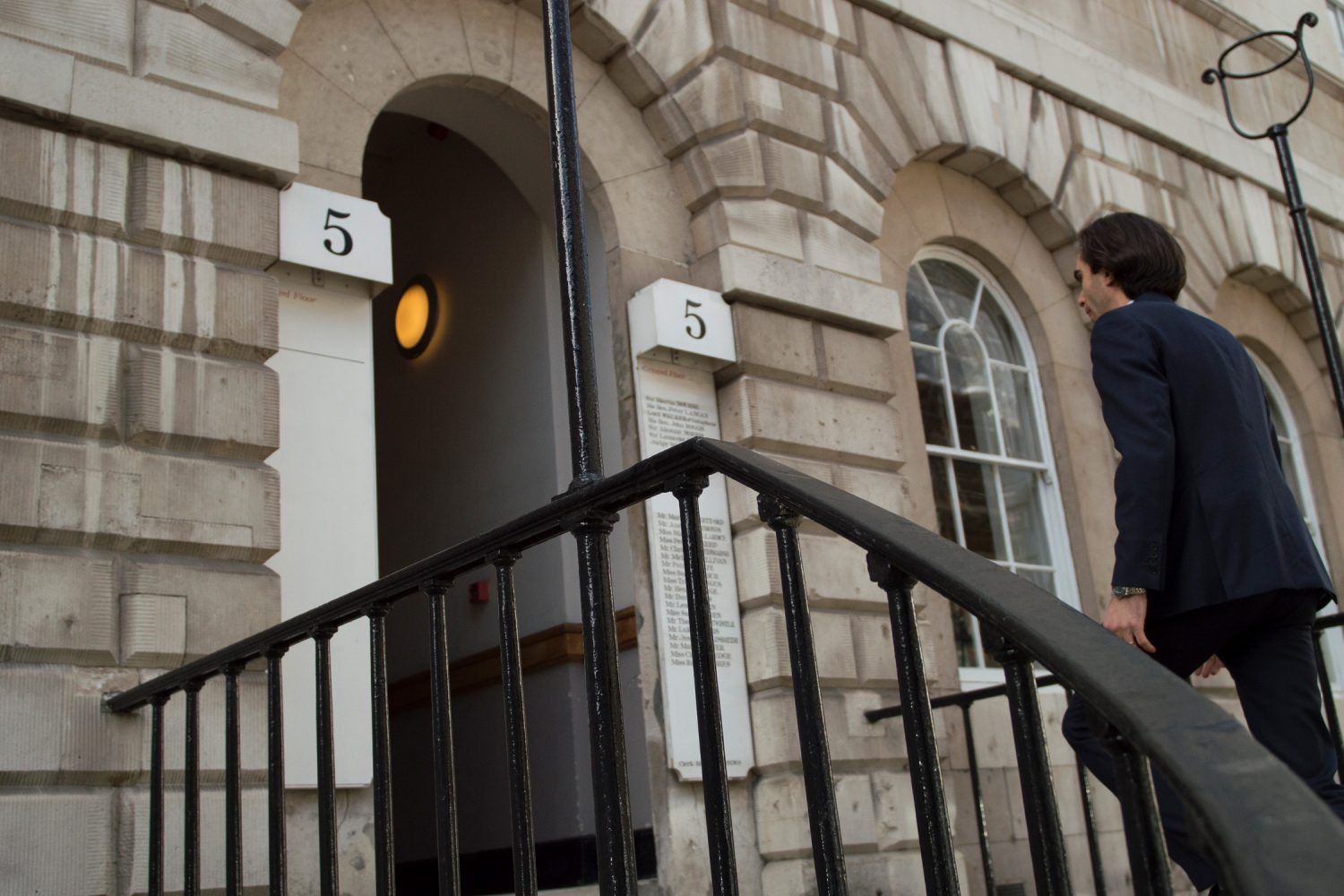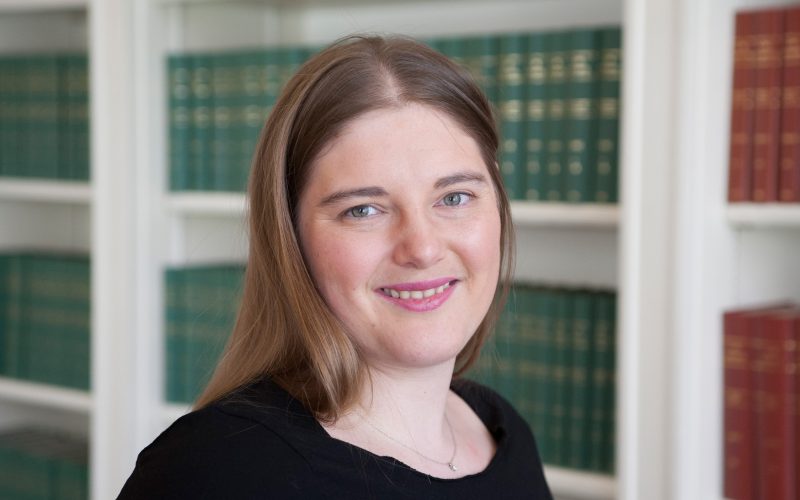Ruth Hughes appears in important testamentary capacity appeal in the High Court
Falk J has handed down her decision in Clitheroe v Bond [2021] EWHC 1102 (Ch). This is an important appeal concerning the test for testamentary capacity. Vikram Sachdeva QC, Jack Anderson and Ruth Hughes were instructed by Nicola Bushby at Irwin Mitchell LLP for the Appellant.
The decision is important for two main reasons. The Court had the opportunity to: (1) consider a full articulation of the arguments that the Mental Capacity Act 2005 had or should replace the common law Banks v Goodfellow test; and (2) conduct a close examination of the tests for delusions under the Banks v Goodfellow test.
Whilst Falk J declined to overturn the 150-year-old common law test, she did highlight the tension in having two tests, including the possibility of a person lacking capacity, but it being impossible to make a statutory will for him [75]. Similar problems may arise from the disunity between the statutory and common law tests for capacity to contract, which are described at [66].
Deputy Master Linwood’s decision, below, on the expression and application of limb 4 of the Banks v Goodfellow test (limb 4 – delusions) was criticised by the Judge. She has for the first time fully reviewed the authorities on what is required to demonstrate a delusion, holding that a delusion must be a false belief which is both irrational and fixed. Whilst in many cases an obvious way to demonstrate the fixed nature of a false belief is to lead evidence that the testator could not be reasoned out of it, that is not a necessary part of establishing a delusion [102]. The correct approach is to conduct a “holistic assessment of all the evidence. This would take account of the nature of the belief, the circumstances in which it arose and whether there was an evidential basis for it, whether it was formed in the face of evidence to the contrary, the period of time for which it was held and whether it was the subject of any challenge” [104].
The Judge was concerned that the Deputy Master had not taken full account of the need for the beliefs to be fixed [110], accordingly she adjourned the appeals for ADR [143].
You can read a copy of the decision of Falk J here

